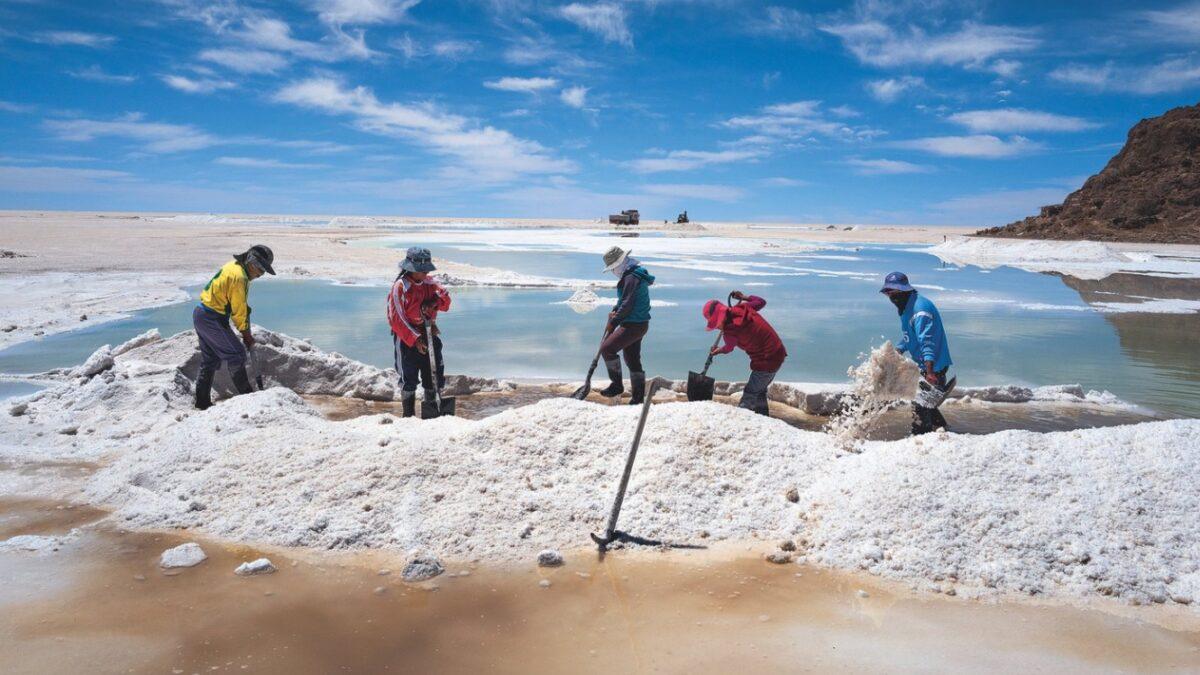Australia could have 20% of global lithium recycling market by 2027
Australia is poised to supply a fifth of the world’s lithium hydroxide processing capacity within five years, Canberra said, as demand for battery metals rises outside of China.
According to the International Energy Agency, China produces more than 80% of the world’s lithium hydroxide, a recycled form of this sought-after metal. However, some companies are building recycling plants in Australia that will process local lithium ore into substances for the production of batteries.
If these plans are implemented on time, Australia could capture 10% of the recycling market by 2024 and 20% by 2027, according to a government report released on Tuesday, although that share is currently low. However, delays and technical issues can disrupt deadlines.
Chinese company Tianqi Lithium Corp. has already opened a processing plant near Perth in Western Australia as part of a joint venture with Australia’s IGO Ltd. American group Albemarle Corp. plans to open a plant nearby soon as part of a joint venture with Mineral Resources Ltd. However, both projects ran into technical problems and cost cuts.
Australian groups Wesfarmers Ltd, Mineral Resources and Liontown Resources Ltd. also plan to open new lithium processing plants.
Australia is the world’s largest producer of the raw metal needed to make electric vehicles and provides just under half of the world’s demand. Most of it is sent to China as ore, where it is processed into battery-grade lithium hydroxide.
Prerequisites for growth
Asia remains the largest market for Australian lithium, but demand is also growing in Europe and the US as automakers accelerate the transition to electric vehicles. The government report cites Joe Biden’s landmark climate change legislation, the Inflation Reduction Act, as driving the manufacturing industry in Australia. This Act provides tax incentives for electric vehicles, but requires that 50% of the materials are made either in the US or in a country that has signed a free trade agreement with the US.
The Inflation Reduction Act is likely to boost the lithium sector in Australia, BloombergNEF said in a report citing recent statements by South Korean battery maker SK On Co. and Japanese Prime Planet Energy & Solutions Inc. about plans to increase investment in the country.
The government said lithium could become Australia’s fifth largest export commodity, overtaking beef and wheat and equaling copper and oil. Battery metal exports are forecast to reach A$13.8 billion ($8.9 billion) this fiscal year, more than tenfold in two years.
Most of the increase in export earnings is due to a price spike, which has doubled since the start of the year, as automakers around the world work hard to secure enough metal to meet ambitious electric vehicle targets, the government said. Lithium ore prices are forecast to more than quadruple this year.
The increase in output will also boost sector revenues as Australian lithium production is expected to more than double over the next five years. However, it is still a small export industry compared to the top three export sectors, with the government forecasting that iron ore, coal and LNG together will generate A$329 billion this year.


Recent Comments